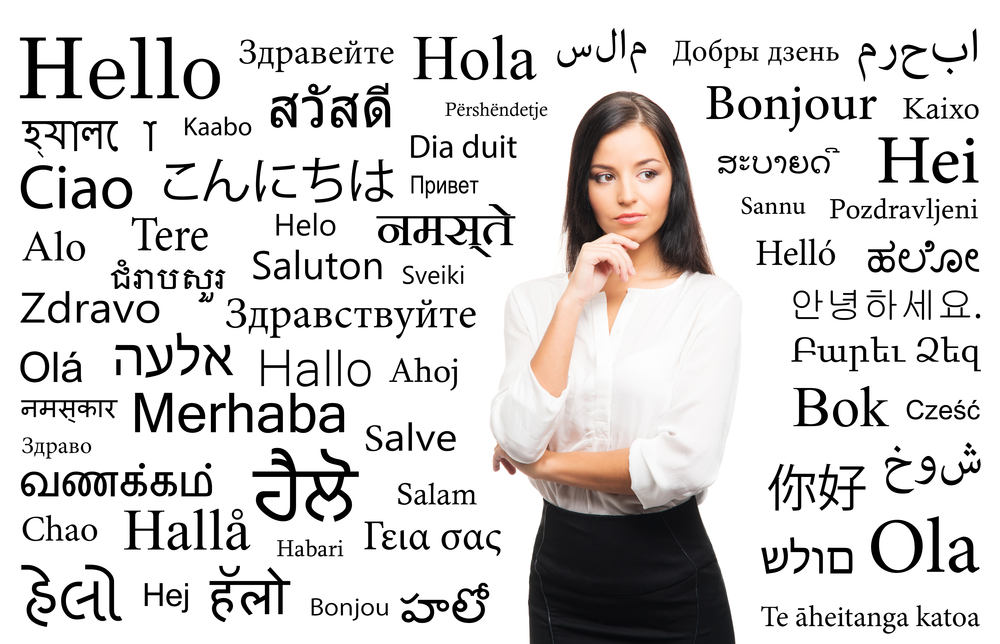Reliable Translations is taking the necessary actions to guarantee a fast-track system to meet all your translation and interpreting needs during these very trying times.
What Does Reliable Translations Offer?
Our service includes a variety of different options for you to choose from. From individual services to helping businesses and larger entities with translation services, we aim to meet everyone’s requirements by providing the following services:
• Corporate translations of any kind
• Legal translations
• Marketing and promotional translations of any kind
• Website translations
• Certified translations
• Consecutive interpretations (remote of any kind)
• Simultaneous interpretations (remote of any kind)
• Escort interpretations (remote of any kind)
Fast and Efficient Service Throughout
Our employees are working from home and they are determined to make sure that your services are not hindered in any way. We offer you translations for any type of document and interpreting services, no matter what and in any format needed.
Reliable Translations’ main goal is to make sure we help you and/or your team understand the foreign language that you have your dealings with. Whatever interpretations or translation services you need, you will find that there’s no leaf unturned when it comes to giving you the very best translation and interpreting service in the industry. We will always do so and we will always be here for you!

Find Us On